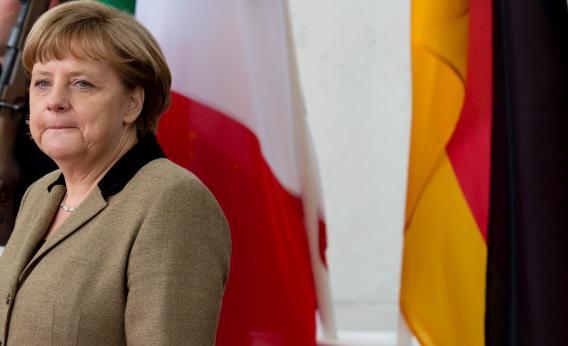Speaking today to the National Association of Business Economists, Undersecretary of Treasury Lael Brainard made some brief but correct remarks on Europe. Her key point, on which she did not elaborate but which is nonetheless crucial, is that “it remains critical to reinvigorate demand growth and facilitate internal rebalancing in the euro area. Not only do deficit countries have important responsibilities in this regard, so do large surplus economies.” [emphasis added]
The point of an austerity regime is supposed to be to help transform a net importing country into a net exporting country, thereby allowing it to pay off its foreign debts. Brainard’s point is that in a European context, the net exporters (i.e., Germany and to an extent the Netherlands, Austria, and Finland) should also lend a helping hand in this process.
That doesn’t need to mean “bailouts” of southerners, but it should mean tackling the entrenched interests behind export-oriented industrial policy. In fiscal-policy terms that could mean lower VATs and higher pension benefits. In monetary policy terms, I would say it means accepting a moderately inflationary environment in Germany. That would accomplish several things. One is that it would let German workers gain some much-needed raises after the tough decade they had in the aughts. Another is that it would give exporters and import-competing firms in the periphery a better chance of getting in the game. But the most important thing is that it would position the European Central Bank to punish bad peripheral policy with inflation rather than fiscal crisis, which is the best way to give everyone a fighting chance for success.
